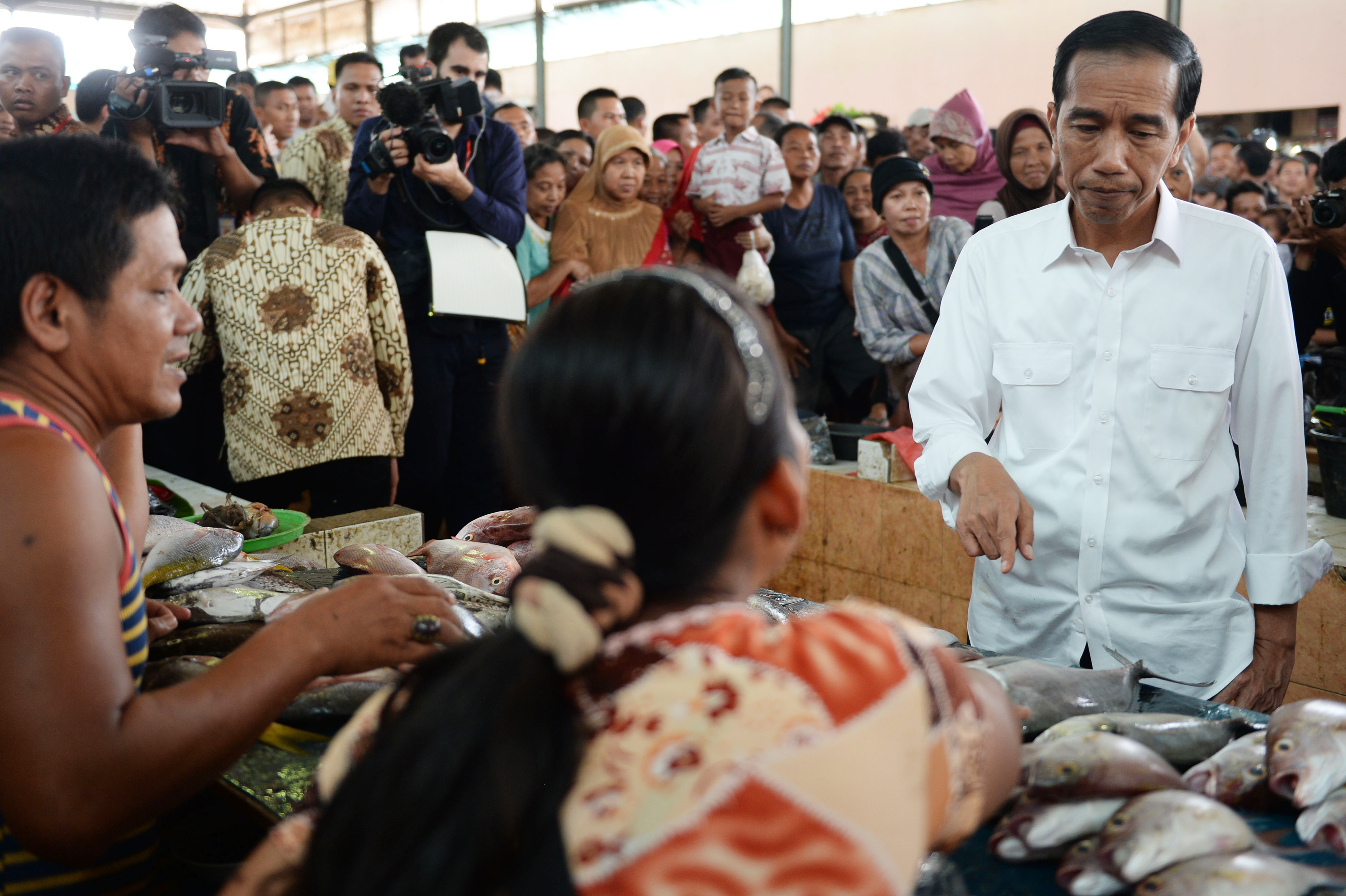It has been 15 years since 9/11, and America's nightmare has metastasized beyond anyone's wildest imagination. It is a bad dream that includes former President George W. Bush's Iraq War debacle, which plunged the Middle East into its current turmoil. But America's trauma pales when compared with the traumas it has subsequently inflicted. The seeds of blowback have been sown; a bitter harvest awaits the angry superpower.
In Asia, it's also difficult to come to terms with national trauma. The scars linger and wounds fester in the collective and individual memories. Problematically, official discourse sanctions a selective remembering. Marginalized traumas linger beneath the surface, lurking between the lines of mainstream narratives, awaiting exhumation. These marginalized traumas are awkward for perpetrators, their vested interests and powerful protectors. For that reason they are downplayed, while more useful traumas are invoked to secure legitimacy, inspire or intimidate.
This year marks the 50th anniversary of China's Cultural Revolution, a collective madness that cut a ruinous swath through society, ending lives and splitting families on the pretext of purging invented enemies. It followed the even more destructive Great Leap Forward (1958 -61) that triggered a famine killing more than 40 million people. Both pogroms came on Mao Zedong's watch. The trail of blood left by these disasters implicates the Chinese Communist Party and its indifference toward the people it claims to represent.


















With your current subscription plan you can comment on stories. However, before writing your first comment, please create a display name in the Profile section of your subscriber account page.